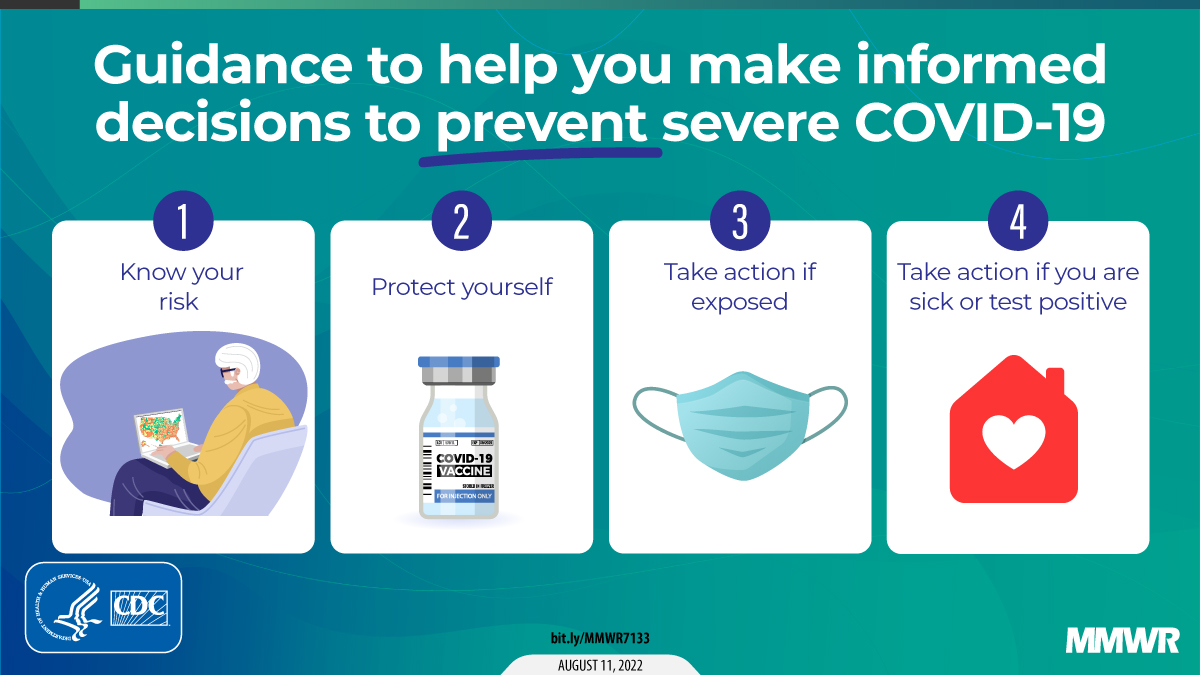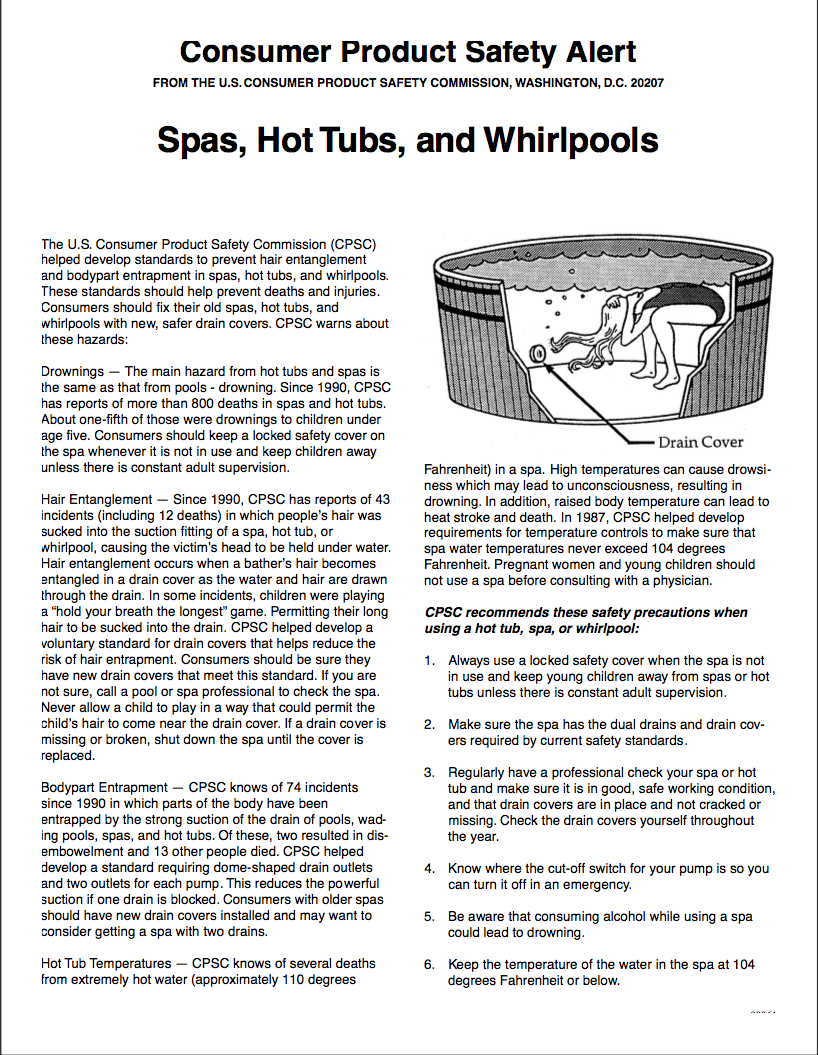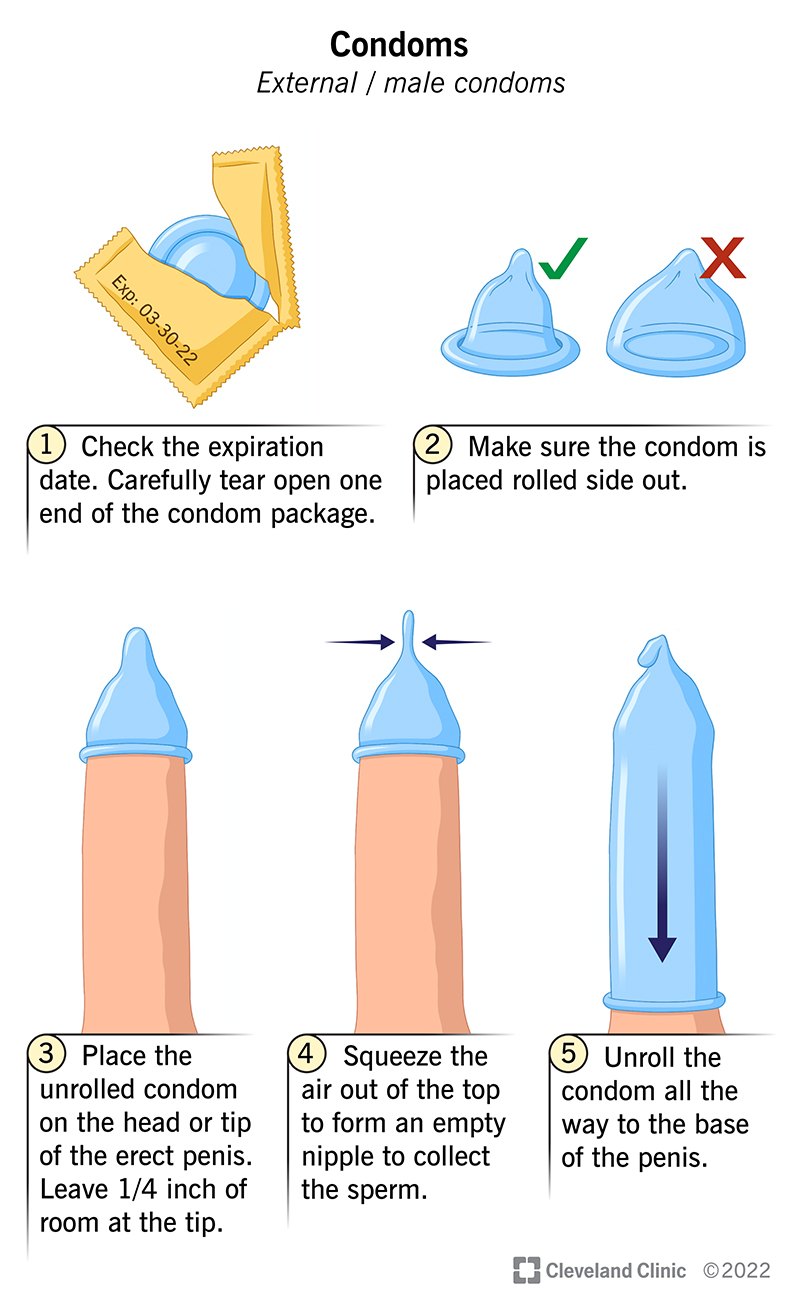Pregnant women should avoid certain foods and limit exposure to toxins. Regular prenatal checkups and vaccinations are essential for a healthy pregnancy.
Understanding the precautions for pregnant women is vital for both maternal and fetal health. During pregnancy, the body undergoes significant changes, making it more susceptible to certain risks. To safeguard the well-being of both mother and baby, it is crucial to follow guidelines including a nutritiously balanced diet, moderate exercise, and managing stress levels.
These protective measures not only contribute to a smoother pregnancy but also pave the way for a healthy delivery. Engaging with healthcare providers, staying informed about potential risks, and getting appropriate rest can significantly impact pregnancy outcomes. Medical professionals often emphasize the importance of avoiding harmful substances like alcohol, tobacco, and recreational drugs, as well as being cautious with medications and environmental hazards. This care and attention during pregnancy help ensure the best start for the new life being nurtured.
Navigating Pregnancy In A Modern World
Welcome to ‘Navigating Pregnancy in a Modern World’, a comprehensive guide tailored for expectant mothers grappling with the pace of contemporary life. Pregnancy is a journey that intertwines joy with challenges. Modern lifestyles present unique obstacles and opportunities for pregnant women. Our guide offers crucial insights to nurture prenatal health while balancing work and life in today’s fast-paced environment.
Balancing Work And Prenatal Health
Managing professional responsibilities during pregnancy demands careful planning. Start with a clear conversation with your employer about your needs. Your plan might include:
- Flexible hours to accommodate prenatal appointments
- Work-from-home options to reduce commute stress
- Delegating heavy tasks to protect physical health
Remember, prioritizing rest and regular breaks during your workday are essential. Adequate hydration and healthy snacks boost energy levels and overall well-being.
The Impact Of Environmental Factors
Environmental influences take a prominent role in prenatal care. Pregnant women should be mindful of their surroundings. To safeguard your health, consider:
| Environmental Aspect | Action |
|---|---|
| Air Quality | Avoid pollution; use air purifiers indoors |
| Product Safety | Choose non-toxic household items |
| Disease Prevention | Stay up-to-date with vaccinations |
Additionally, limiting exposure to hazardous chemicals in cleaning products and beauty items contributes to a safer pregnancy environment. Opt for eco-friendly and baby-safe alternatives whenever possible. Embracing tranquil outdoor spaces can enhance mental well-being.

Credit: www.cdc.gov
Dietary Considerations For Expectant Mothers
During pregnancy, eating right is vital for both mother and baby. Healthy food choices support the baby’s growth and keep the mother energized. Knowing what to eat and what not to forms an essential part of prenatal care. Expectant mothers need a balanced mix of proteins, carbohydrates, fats, vitamins, and minerals.
Essential Nutrients And Vitamins
Getting the right nutrients supports fetal development and maternal health. Pregnant women should focus on these key nutrients:
- Folate and folic acid – for preventing birth defects
- Iron – to avoid anemia and ensure oxygen supply
- Calcium and Vitamin D – for strong bones and teeth
- DHA – omega-3 fatty acid for brain development
Prenatal vitamins can fill any nutritional gaps. Yet, the best source of nutrients is a well-rounded diet. Eat plenty of fruits, vegetables, whole grains, lean proteins, and dairy products.
Foods To Avoid During Pregnancy
Certain foods can pose risks to the developing baby. Steer clear of the following:
| Food Type | Reason to Avoid |
|---|---|
| Raw or undercooked meats | Risk of contamination with harmful bacteria |
| Unpasteurized dairy and juices | Potential exposure to listeria |
| Certain fish (like swordfish, king mackerel) | High mercury levels harmful to the baby’s nervous system |
| Raw eggs or foods containing them | Susceptible to salmonella |
| Unwashed fruits and vegetables | Pesticides and bacteria can linger on the surface |
Always wash produce, cook meat thoroughly, and choose pasteurized products. This reduces health risks and provides peace of mind during your pregnancy journey.
Embracing Precaution In Daily Activities
Embracing precaution in daily activities becomes pivotal during pregnancy. Pregnant women balance growing a life with their routine. It is vital to modify habits to ensure both mother and baby stay healthy. This includes understanding exercise limits and chemical exposure risks.
Exercise Dos And Don’ts
Engaging in physical activity is crucial for a healthy pregnancy. Here’s what to consider:
- Do consult your doctor before starting an exercise regimen.
- Do go for low-impact exercises like walking, swimming, or prenatal yoga.
- Do stay hydrated and take frequent breaks while doing physical activities.
- Don’t engage in contact sports or activities with fall risks.
- Don’t exercise in high heat or humidity conditions.
- Don’t push your body beyond comfort; avoid heavy weights and high-intensity workouts.
Understanding Chemical Exposure Risks
Chemicals at home or work can affect your pregnancy. Here’s how to reduce risk:
- Always use gloves and ensure good ventilation when cleaning with chemicals.
- Avoid exposure to pesticides and herbicides, especially in the garden.
- Choose beauty products labeled as ‘pregnancy-safe’ and free from harmful substances.
- Ask someone else to handle paint jobs, or use low-VOC, water-based paints.
- Read labels and follow instructions when using any chemical products.
- Keep away from secondhand smoke, as it contains harmful chemicals.

Credit: www.yourerielawyers.com

Credit: my.clevelandclinic.org
Frequently Asked Questions On Recommended Precautions For Pregnant Women
What Foods Should Pregnant Women Avoid?
Pregnant women should steer clear of raw or undercooked meats, unpasteurized dairy products, certain fish due to mercury content, and unwashed fruits and vegetables to minimize health risks.
How Can Stress Affect Pregnancy?
High stress levels during pregnancy can potentially increase the risk of premature birth and low birth weight in infants, making stress management techniques essential.
Are Vaccinations Safe During Pregnancy?
Most vaccinations, such as flu and Tdap, are safe and recommended during pregnancy to protect both the mother and unborn child from serious illnesses.
Conclusion
As we wrap up, it’s essential for expectant mothers to prioritize their wellbeing and that of their unborn child. Staying informed and vigilant about health and safety measures can greatly reduce risks during pregnancy. Remember to consult healthcare professionals regularly, and embrace a lifestyle that fosters a healthy gestational period.
Embrace these practices for peace of mind and a safer journey to motherhood.
Can you be more specific about the content of your article? After reading it, I still have some doubts. Hope you can help me.